Our first interviewed is Andy Plemmons, a curious, dynamic and energic librarian who is passionated for the education and technology. Since the moment we met him we were fascinated because of his enthusiasm and willingness.
Thanks Andy for all your support to Chromville’s team. We hope continue working with you during for a long time!
Andy Plemmons
Twitter: @plemmonsa
Blog:Â barrowmediacenter.com
About.me: andy.plemmons
Chromville. When did you realize that you wanted to be librarian?Â
Andy Plemmons: I started my career as a classroom teacher. While teaching 3rd grade, I was amazed by our school librarian. No matter what topic I gave her, she designed a series of experiences for students to enrich their exploration of the topic. It wasn’t just about books or technology with her, but instead, was about offering kids multiple ways to research, explore, and understand a topic. Libraries have always been an important part of my life, but watching her made me want to become a librarian.
Why must education work hand in hand with technology?Â
A few years ago, it seemed that technology was an option. It wasn’t uncommon to hear a teacher say, “I don’t do technology.â€Â While this phrase might still be heard today, it is unacceptable. We can’t expect our students to walk into school and turn off the world that they live in outside of school. Instead, we must harness every available technology to empower our students to be creators of content that is shared with a global audience.
Do you remember your first modern electronic device?Â
I loved video games, so I had an Atari, a Nintendo, and Nintendo Gameboy. I still have all 3. I learned to type on a typewriter. My first piece of modern technology was a desktop computer with a modem that I got for my freshman year of college. I remember struggling to get my dial-up Internet to work. When it finally did, I was amazed by the Internet and loved going into chat rooms to talk with people around the world. Who knew that that same concept would be so pivotal to my role as a librarian today.
What do you like about augmented reality?Â
I love how augmented reality allows learners to interact with content. Rather than be satisfied with a static coloring sheet, augmented reality brings that coloring sheet to life. Beyond that, I love how augmented reality can pull together multiple pieces of a project into an interactive museum on the walls of the school. In the future, I can only imagine the possibilities of how augmented reality might allow us to experience events in history, interact with world leaders, engage in science experiments without all of the materials, and more.
And about Chromville? Â
Chromville stands out to me because of the element of story that is involved. It’s more than just bringing a coloring sheet to life. It helps learners visualize the characters and environment of a story, while allowing them to ultimately control what actually happens. For students who struggle with visualizing what their story might be about, this kind of experience is crucial.
How did you met us?
I discovered Chromville where I discover many of the great ideas I come across: Twitter. I believe it was my librarian colleague, Elissa Malespina, who first wrote about Chromville on her blog. I immediately downloaded it onto our school iPads and printed the coloring pages.
What issue does Chromville resolve?Â
In my own writing, I struggle with getting started with a story. It takes me a long time to brainstorm, reflect, and try out story beginnings in my head before I actually write something down. When I see students who have a similar struggle, I connect with them. To me, Chromville gives students an experience in interactive brainstorming. After coloring the page, they can see their character come to life and interact with the environment. Chromville doesn’t give the story away, but instead allows learners to brainstorm possibilities for their character and his/her world.
What innovations would you like that be incorporated into Chromville?Â
I would love for Chromville to become even more interactive. For example, once a character comes to life on the iPad, I wish that students could interact with the character and make him/her move around within the environment. I think the more motions students see, the more ideas they will have for the story within the world. If this is a possibility, I would love the option to record a video of the character and upload it to Youtube or to the camera roll of the tablet. Then, students could revisit the world without having to always use the Chromville app while they are writing their stories.
Why are library activities so important for children’s development?Â
The library is the heart of the school. In the library, I work with every child, teacher, family member, volunteer, and community member. For many students, the library is a sanctuary. For many, it is a place to take risks. The library is often times the space where teachers and students try out a new technology or approach to a project. Libraries foster what it means to be a contributing member in a global society.
Do schools understand the importance of introducing technology into education?Â
I think we are at a point where people are understanding that technology isn’t an option, but even if we have everyone on board with using technology in schools, we are still behind. We are in an age where young people are hungry to contribute their creativity to the world. It’s not just about having devices or having access to information. We have to support our students in being creators, and I think we have some work to do to make this a reality in our schools. It’s happening, but we need to keep working.
You have received several honors because of your professional activities. What is the secret of your work?Â
I hope that I don’t have a secret. Austin Kleon has a great book called Show Your Work. In it, he talks about the importance of making your work public. In this type of transparency, you don’t just show the polished final product, but instead share the messy process that it took to get there whether it was successful or not. My use of my blog, social media, conference presentations, and publications have put my work out to a global audience. I never know who I am mentoring along the way, but I know that I have been mentored by many librarians and educators because of their willingness to share their work. The process of showing my work has brought me to many amazing opportunities.
Each year there are new generations that are more used to using technology all the time. Have the digital natives any advantage regarding us?Â
This is the very reason that I constantly say that educators must let go of the idea that we have to be experts in everything. Our students bring a wealth of expertise in various technologies and many other things. We need to give ourselves the opportunity to learn with our students and let them share their expertise with others. Doing this allows educators to spend more time on individualized instruction and conversations that push students to new levels of learning rather than focusing on learning every technology tool that it is out there.
Which are the three best things about your profession?Â
1. I have the opportunity to learn with students, teachers, families, and community members and see how this whole collaborative team supports education
2. By creating a participatory culture, I get to see students find their interests and passions. Then, I get to consider how that discovery might further support their learning.
3. I get to collaborate with an amazing group of teacher librarians around the world through Twitter, Google Plus, and face-to-face conferences. They push me to be a better educator every day.
How will education be in 10 years?Â
We are already scratching the surface of being globally connected, but I hope that in 10 years we see extensive global collaboration among schools. Our youth hold the answers to the future, and who knows what they are capable of figuring out if we just give them the chance. I hope that students have the opportunity to take real world problems and collaborate beyond country borders to discover real solutions to those challenges.
What person associated with education would you suggest for be interviewed?
Other great librarians to consider: Sherry Gick @libraryfanatic and Shawna Ford @shawnaford1
Describe your job in 140 characters.Â
Empowering students to be digital citizens who are creators of content shared with a global audience. Leading the way in innovative education.

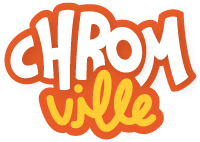
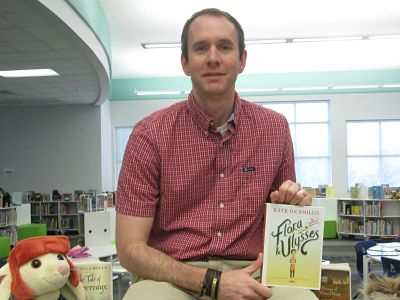
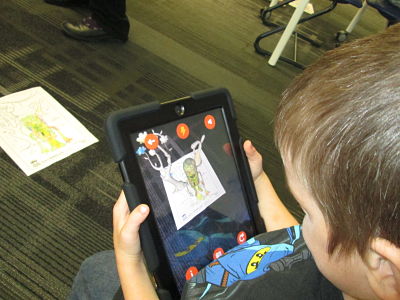
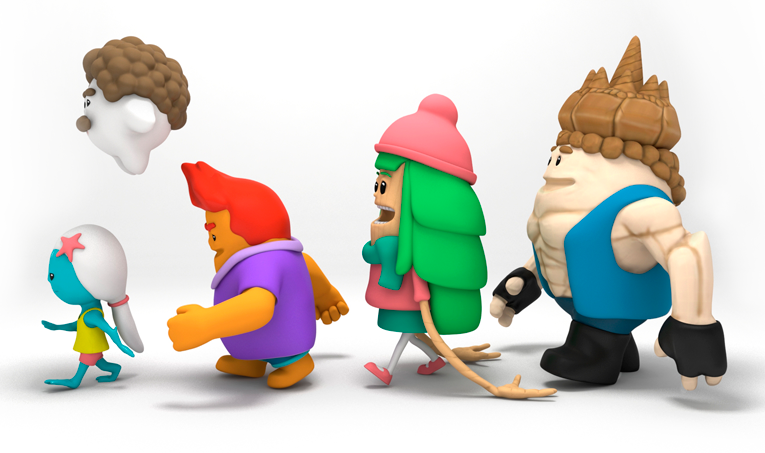

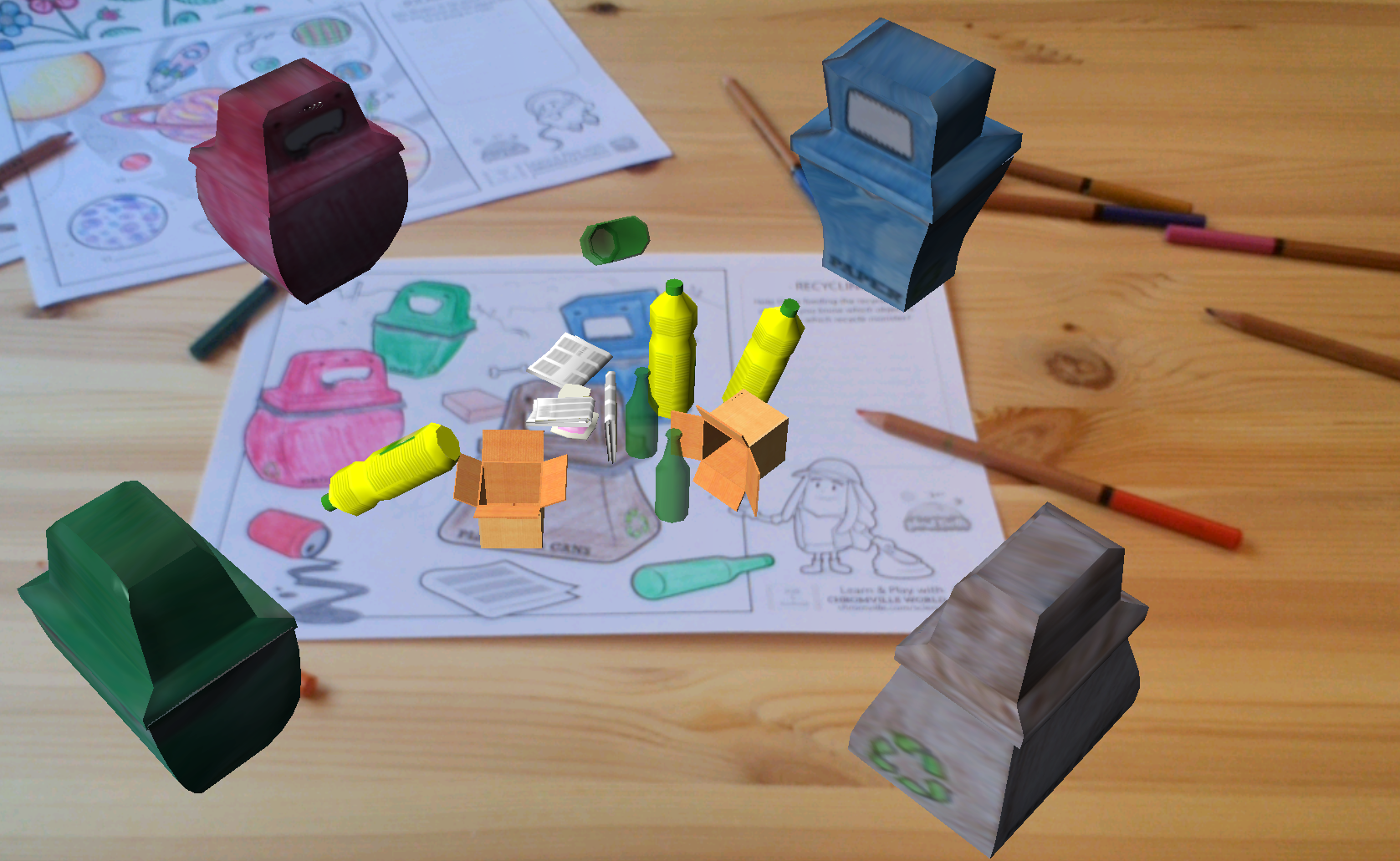

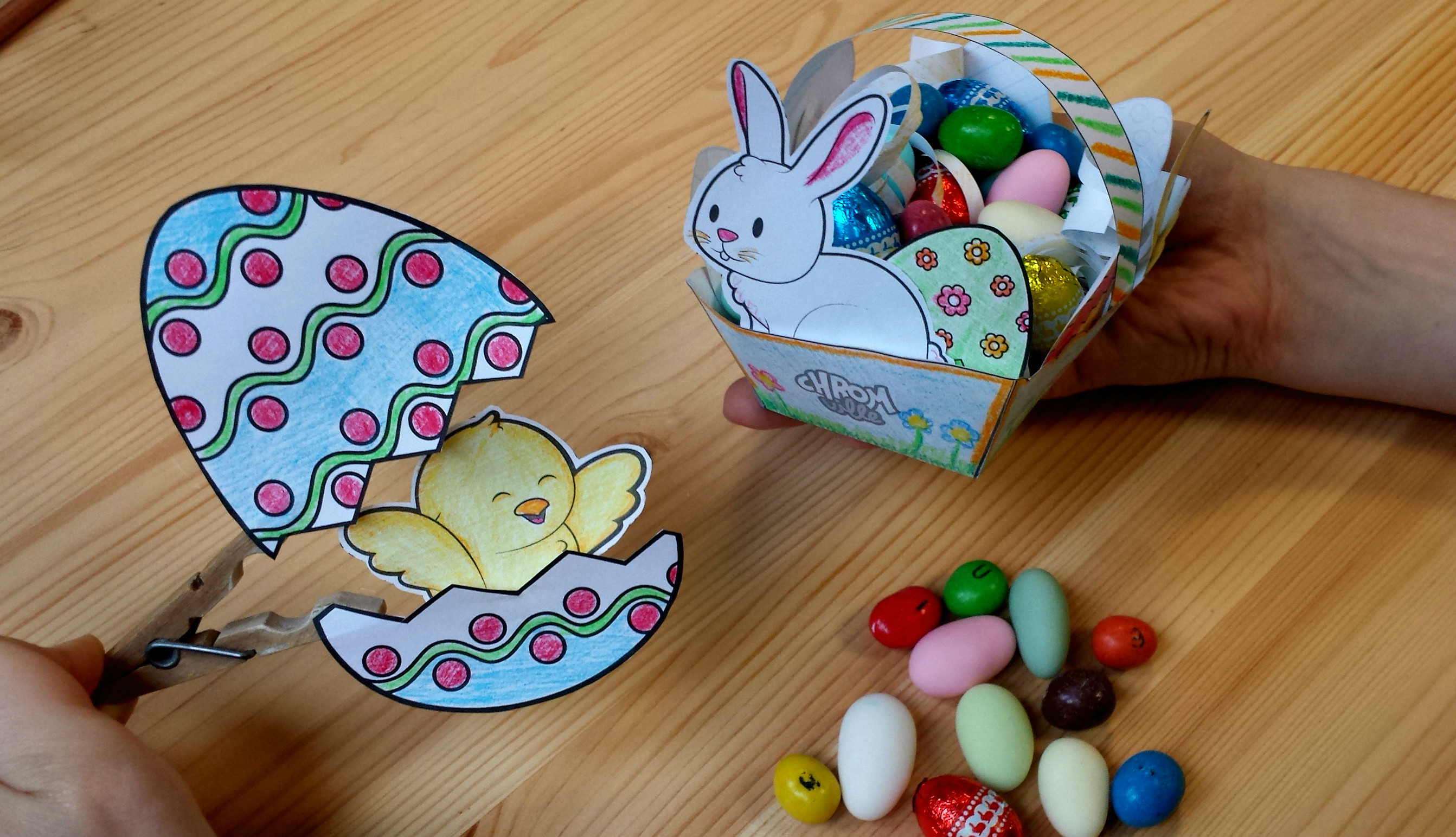






Leave A Comment